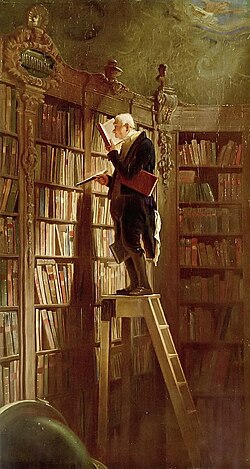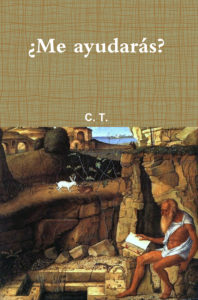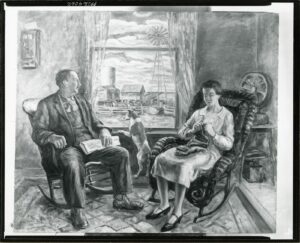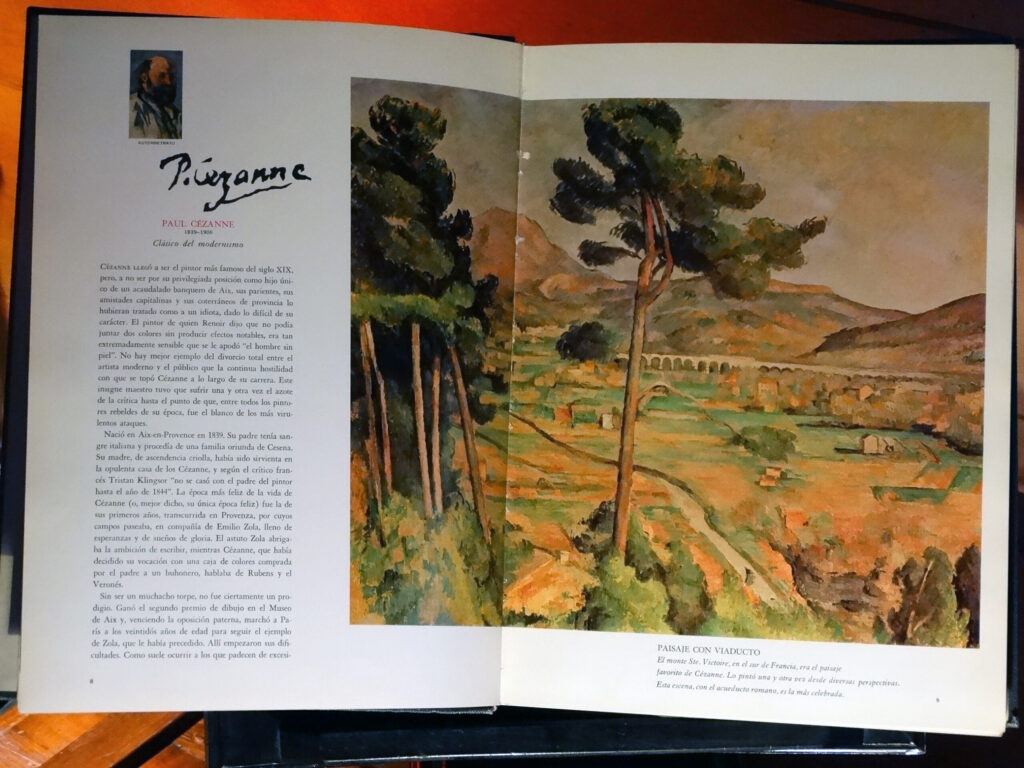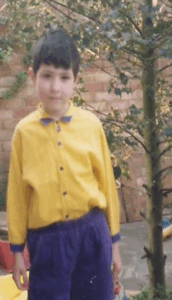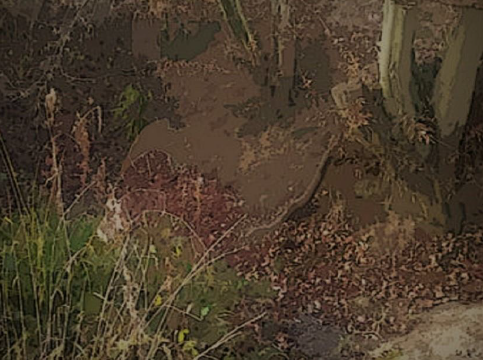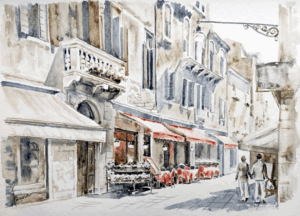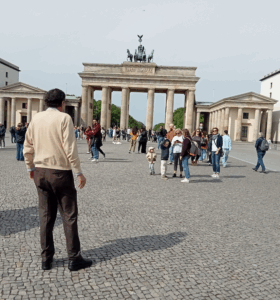Book II
Chapter 8
One morning, I walked into the kitchen to prepare breakfast for myself. Just a piece of cucumber; I ate sparingly in those days to compensate for the nagging desire for food stimulated by the Olanzapine, where no meal was ever filling enough, and where my metabolism was negatively affected, leading to more tiredness atop the already exacerbated lethargy on account of the emotional dulling and cognitive impairment that accompanies psychotropic antipsychotic drug use. My parents were already awake. My father stood with his back to me as if dressed for work, chatting to my mother, laughing about something. As I came in, I caught the tail end of his words, “…and it’s a shame he’s not creative either. What could I do with him? It’s clear he’s a bit of an idiot, haha. Not much going on.”
I quickly realised, to my horror, that he was talking about me. My mother was silent, listening politely. Her opinion was hard to gather from her, although I had seen her nod as he spoke. As I heard his words, a withering shame took hold of me, and I made my presence known to them, tears forming at his betrayal, “Dad! I heard you! How can you say that?!” to which my Dad turned suddenly, embarrassed to be caught out. He stared open-mouthed at me, mumbling “Oh” but not giving me the desired answer.
By this point, tears were streaming from me, and I was sobbing audibly and very upset. As if the recent weeks (and longer) had not been awful enough, this was the final straw. Instead of comforting me, my mother stood there watching, saying, “Oh, come on now, Benjamin, he didn’t mean it…” to which all I could say, through painful sobs, was, “No, Mum, he did! He knew what he was saying there!” She repeated her platitudes to me, and Dad started to speak also, adding that he was “only talking, don’t take it seriously”, but by then, I was in an awful state. All the years of hurt welled up in me; all the times he had said as much to my face when she was annoyed or just in an idle comment as if it was an obvious statement. He had mocked my abilities and my very person on hundreds of occasions. And to think recently, only a day or two before, when I had asked Mum what Dad thought of me, she had said, “he loves you very much, and he’s very proud of you and your creations. He particularly likes your drawings at the moment.” I was torn now, unsure how to process the blatant mixed messages beyond being very upset. This wasn’t love; this was an abuse of my mind in a regular stream of matter-of-fact put-downs and snappy below-the-belt remarks.
My thoughts were overpowered with grief and rage, and before I could help myself, my eyes glazed over, and my head started to dip down. And then, quick as a flash, I grabbed out at my right arm with my mouth and proceeded to bite my teeth firmly onto the skin, still crying, tugging at a healed area, trying to prise more flesh off in that familiar agonising pain.
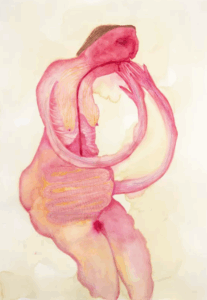 Dad was relatively quick to notice this, although my mother was shocked. “No… Benjamin!” he called, “No! No! Don’t do that! Stop doing that!” He reached out for me, in my feral daze, and started to try and pull my clenched jaws off my arm. But I was locked tight and tearing. Blood was beginning to form now around the creases of my mouth as I continued to pull away at the skin (and self-biting is a strenuous process), as Dad, taking my head in both his hands, tried to lever me off the wound, in some strain. He could not do it, though; so tight was my mouth lodged, trickling gore.
Dad was relatively quick to notice this, although my mother was shocked. “No… Benjamin!” he called, “No! No! Don’t do that! Stop doing that!” He reached out for me, in my feral daze, and started to try and pull my clenched jaws off my arm. But I was locked tight and tearing. Blood was beginning to form now around the creases of my mouth as I continued to pull away at the skin (and self-biting is a strenuous process), as Dad, taking my head in both his hands, tried to lever me off the wound, in some strain. He could not do it, though; so tight was my mouth lodged, trickling gore.
He proceeded to hit me on my upper arm, again and again, trying to dislodge me from my grisly exercise of pain and anguish, and at this, under his blows, I came away from my arm and, howling in nineteen years of pent up rage at him for effortlessly breaking me, a piecemeal homicide of words alone, I flew at him, and we exchanged a flurry of blows there on his floor by the kitchen door. He backed up against the dining table, swiping at my face and upper torso with hard slaps, knocking my head sideways, and I punched out at his shoulder with my bleeding right arm. He snarled now at me in rough exhales, his teeth clenched.
After more long seconds of pitiless violence, I drew back from him, the tears still exploding from my eyes, and returned to my arm, lunging at it again, more desperate in the first place to wound myself than to defend from him after all, despite his out of control desire to fight with me. I leaned back crouched down, cowering before him like a wounded child, pathetic given my height, fearful then and in misery, just wishing he could see me and see that I was hurt and that forever he would stop his incessant jibes, breaking my heart. That he would recognise his own wounded son there pathetic before him. With a final desperate pull, I tore a big piece of rubbery skin off my arm, dragging it up with a ripping yank, blood splattering all over my mouth and in flecks onto the floor and the dining chair next to me, and sucked up a mouthful of hot blood with it, and raised my head again to his height, his blows still impacting me, and spat the chewed off piece of flesh into his face, impacting him on the cheek, with my blood – the same as coursed in his veins – splattered over his eyes.
There was a long pause. He stared at me then, drawn back, a haggard statue before me, motionless. I gazed into his deep blue-grey eyes with orange cores, as blue as the winter waves, and saw the look on his face, a piercing, harrowing expression of mournful incomprehension, the saddest sight. I realised then that he could never understand me. The image of his face then has locked with me all these years. He breathed heavily and said nothing.
The piece of torn flesh was still lying on the floor as I left the room sombrely, exhausted by tears, blood trickling all down my arm and over my hand and palm, falling in droplets to the floor all across the living room, through the hall, and into my bedroom. As I entered my room, I slammed my hand against the white emulsion-painted wood of the door, leaving a bloody handprint gathered in blobs at the bottom, like wet paint, dripping down the gleaming surface. And then I sat down on my futon bed, calling fiercely to my mother not to disturb me, and, with my fingertip dipped in my blood, scratched a poem quickly onto some sheets of A4, my mind racing, but my heart dimmed, all soul destroyed. It was not the first poem I had written in my blood, but it was the most bitter and abject in sheer misery. I titled it “Flush”, like a panic-stricken bird driven from its hidden safety into the air, or just like excrement to be disposed of, very much like I viewed myself.
Flush
Nineteen long years on the cutting-room floor
I told you there were tears, and you got bored
There’s blood in my gullet
And my fingers scrape a hole
And outside in the hallway you’re still polishing the cold
[…]
After finishing my poem, I tossed the papers aside and emerged from my room. An ambulance was not involved, as I resisted official treatment, telling my mother not to contact anyone, which I think she held to. I would not let her dress my wounds either, and simply snatched a fresh pink towel and held it under me until the flow ceased, making sure this time that I cleaned my blood off the floor myself.
Much later, I approached my Dad’s chair. His words to me were simple as I spoke to him, with him sat there staring into space still, no more expression of discomfort and sadness on his face, or indeed of anything at all. “Dad…” I told him, looking for some reconciliation perhaps, or at least to judge his thoughts, to know where I stood. His reply was immediate and cold. “F**k off.”
Never again after this did my Dad physically push me about or hit me, but as if this intense altercation had meant nothing to him, soon – and as always, for he cannot change – the belittling insults continued. Broken and in clinging disappointment, I hoped only that Family Therapy might assist me, and I looked forward to it, counting down the days until I could finally share all of this and be listened to.
